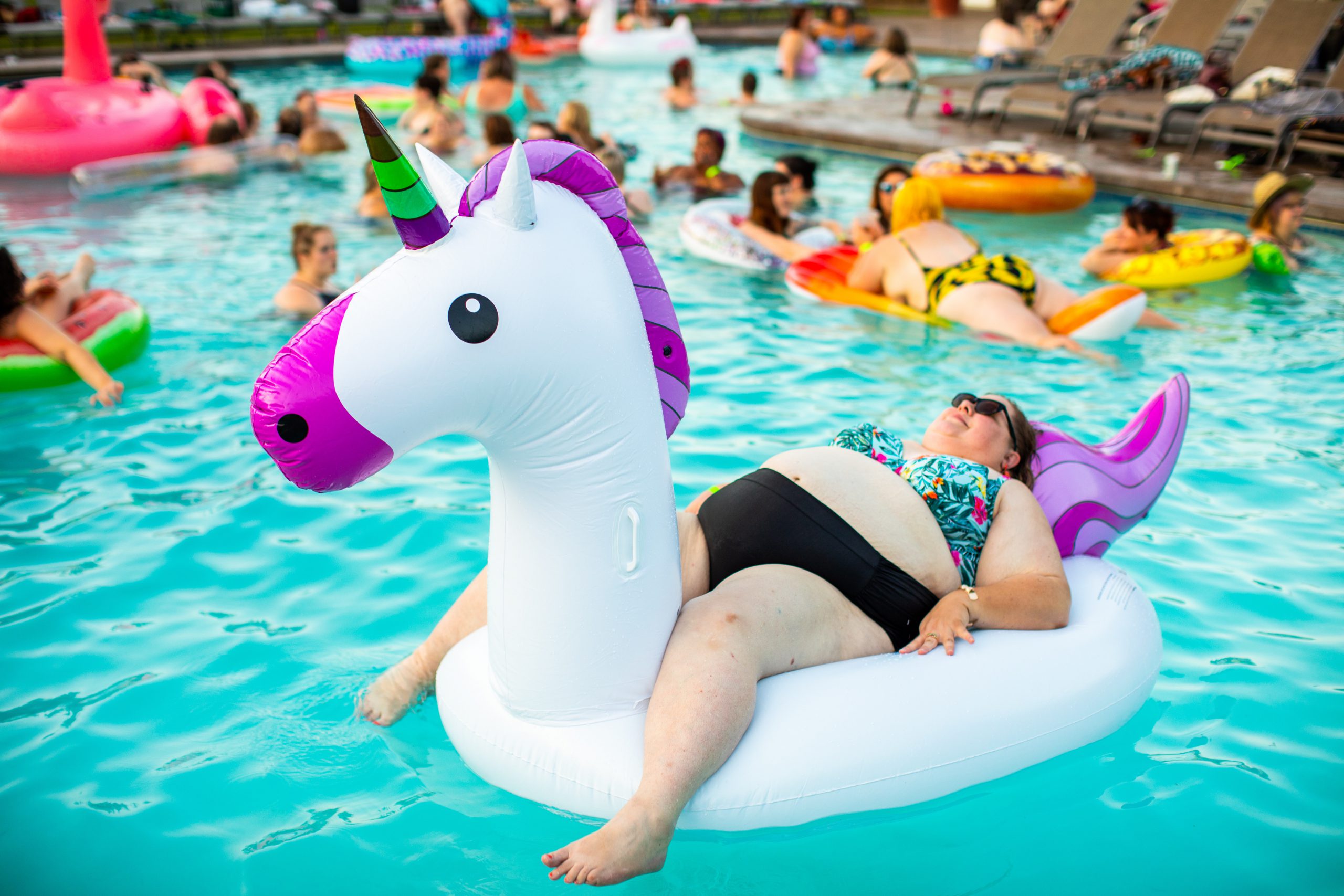Childhood obesity is an alarmingly rampant condition that affects more than 41 million children below the age of five worldwide. Half of all overweight children live in Asia. In the US alone, one in every five children is obese.
Obesity in children is not only a problem of being too heavy on the scales, but it puts them at risk for developing diseases and complications later on in life like diabetes, hypertension, heart attacks, or strokes. Being obese is a lifelong problem with serious consequences that can and should be prevented from infancy.
Being overweight is often the result of poor eating habits rather than consuming an excessive amount of food. Children who are overweight may be eating food that is high in carbohydrates and sugar, but low in essential vitamins and nutrients.
As parents, it is important to set good eating habits for your children from a young age so they can reap the health benefits well into adulthood. Here are several mistakes that you might be making that might put your child at risk for obesity:
1. Not making sure your child drinks enough water
Water is essential for a healthy diet at any age. Some babies experience difficulty in transitioning from milk to water, as they may look for a similar sweet taste in their beverage. Many children do not drink adequate amounts of water and often get used to sugary drinks and soda. The best drink for your child is water. Offer water frequently throughout the day, or when old enough, make it easy for them to pour themselves a cup. Children should be drinking at least six to eight glasses of water per day.
2. Not having a regular bedtime
Children who do not get enough sleep are more likely to become obese. Poor sleep habits are linked to obesity in children. Children should have a regular early bedtime so that they learn to practice good sleep habits. Getting enough sleep can help their bodies relax, and their muscles recharge for the next day. Shortened sleep duration can make children stressed. In turn, it can lead to poor behavior and mood swings, which consequently results in poor dietary habits.
3. Not eating meals together
The entire household should reinforce good eating habits. Children who do not have positive mealtime experiences will not look forward to eating or may even negatively react when presented with food. It can be challenging to get the family to sit down together, especially with multiple children and busy parents. Pick at least one meal a day that you prepare food and eat your meal together. Sit down together, and be sure to remove all distractions from like television and mobile phones.
4. Not encouraging regular physical activity
Children need various forms of physical activity to practice gross motor skills as well as burn off calories. Kids who are sedentary and spend too much time in front of a TV or tablet are missing opportunities for exercise and social interaction. Give your child daily opportunities for activity by minimizing gadget use and taking them to the park or signing them up for group sports.
5. Stocking up on sugary snacks and unhealthy food
If you have a picky eater, you should minimize the availability of unhealthy food options in your pantry. Keeping snacks, chips, and sugary drinks only give children easy access to eating food that has few health benefits. Promote better choices by stocking up on fruits, vegetables, and low-salt and low-sugar alternatives.
In Conclusion
Parents play a vital role in establishing proper nutrition at home. It can get tricky to provide children with nutritional meals and healthy snacks, especially with busy schedules and a multitude of distractions. However, fostering good habits and positive attitudes towards food is a vital step that can save your children from serious and fatal complications of childhood obesity.
Keep up to date on the latest medical news with Dose of Healthcare. Read up on all you need to know about maintaining your health and wellness, as well as the latest trends in medical care. Browse our website today for more useful tips and insights.



















